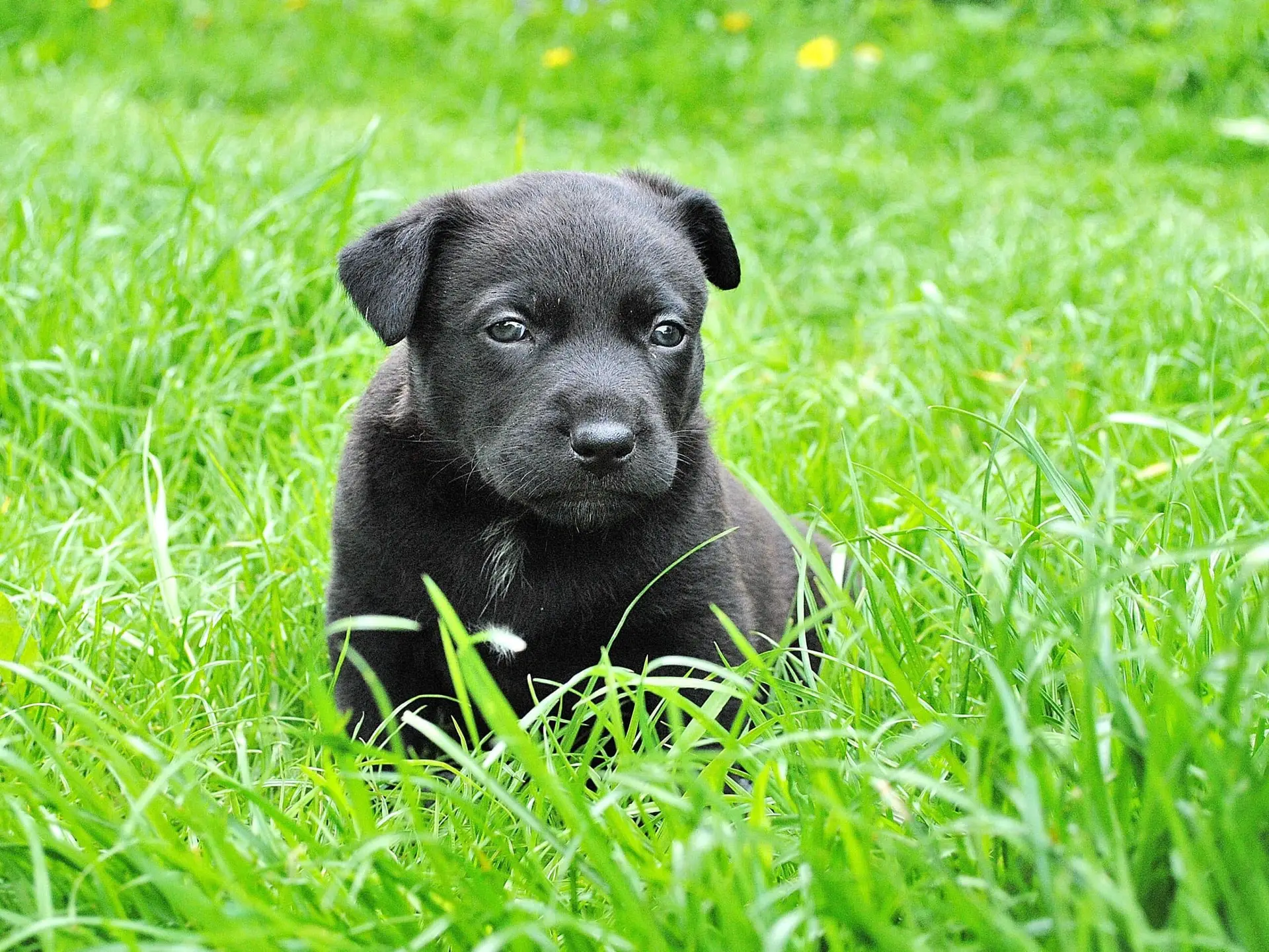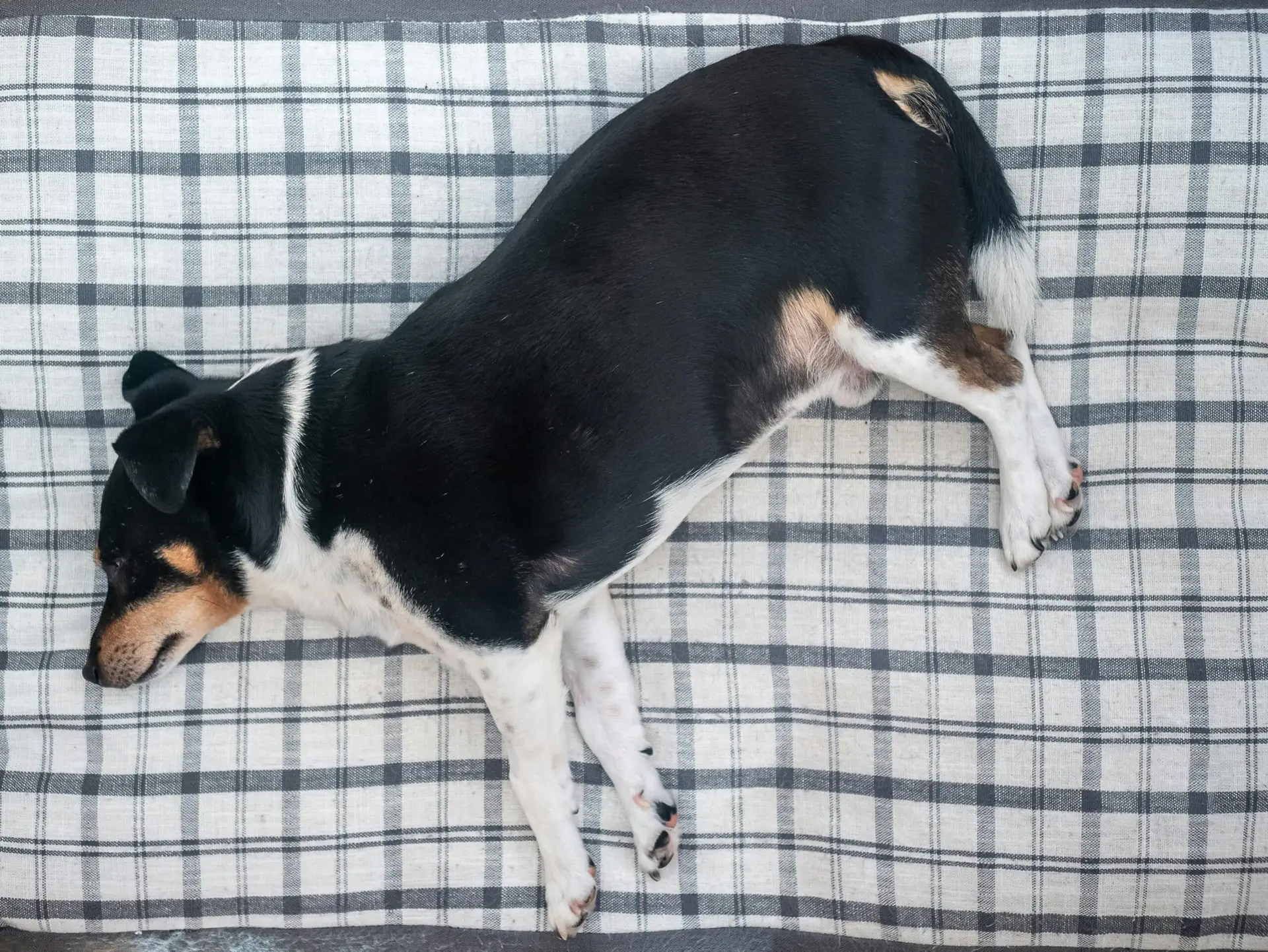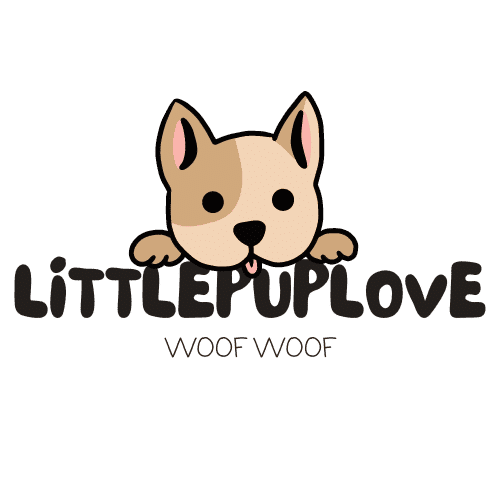Living in a small apartment in a bustling urban city can be challenging for both you and your small dog. The constant noise, limited space, and hectic pace of city life can be stressful for your furry friend. Small dogs, despite their size, often have big personalities and can get stressed easily. This blog post will help you understand the signs of stress in your small dog and provide practical tips to keep your dog calm and happy in your urban apartment.
Disclosure: This post may contain affiliate links and I may receive a small commission if you purchase through them. There is no additional charge to you.
Understanding Stress in Small Dogs
Small dogs, much like their larger counterparts, are susceptible to various stressors, particularly when residing in small urban apartments. The compact living spaces, typical of urban settings, often present unique challenges that can contribute to a heightened level of stress in these pets. One of the primary stressors is noise. Urban environments are frequently bustling with sounds from traffic, neighbors, and general city commotion, which can overwhelm a small dog’s sensitive hearing.
Another significant stressor is the lack of space. Small dogs, despite their size, require adequate room to move, play, and engage in natural behaviors. Limited space can lead to feelings of confinement and frustration, exacerbating their stress levels. Furthermore, restricted outdoor access can also be a source of stress. Regular outdoor activities are crucial for a dog’s physical and mental well-being, and limited opportunities to explore outside can result in pent-up energy and anxiety.
Common Signs of Stress
Recognizing the signs of stress in small dogs is imperative for their overall health. Dogs express stress in various ways, and it’s important to recognize these signs to address their needs promptly. Here are some common indicators that your small dog might be stressed:
- Excessive Barking: While some barking is normal, excessive barking can be a sign of stress. Your dog might be reacting to unfamiliar noises or feeling anxious about something in their environment.
- Panting and Drooling: Dogs pant to regulate their body temperature, but if your dog is panting heavily and it’s not due to heat or exercise, it could be a sign of stress.
- Destructive Behavior: Chewing on furniture, digging, or tearing up items in your apartment are ways dogs might cope with anxiety.
- Changes in Appetite: A stressed dog might lose interest in food or, conversely, eat more than usual.
- Lethargy: While it’s normal for dogs to have restful periods, excessive sleeping or lack of energy can indicate stress.
- Aggression or Fearfulness: If your dog becomes unusually aggressive or fearful, this might be a response to stress.
- Pacing and Restlessness: A stressed dog may pace back and forth or have trouble settling down.
- Body Language: Watch for signs like tucked tails, flattened ears, yawning, licking lips, or wide eyes. These are subtle cues that your dog is feeling uneasy.
- Physical symptoms: like shaking, panting, or gastrointestinal issues may manifest as response to stress.
Early recognition of these signs is vital to prevent long-term behavioral issues. Persistent stress can lead to chronic anxiety and other serious health problems. Therefore, it is essential for pet owners to observe their dogs closely and take proactive measures to alleviate stress. Understanding and addressing these stressors can enhance the overall well-being of small dogs living in urban apartments, ensuring they lead happy and healthy lives.
Creating a Calm Environment
Setting up a tranquil and safe haven for your small dog in a small urban apartment can significantly contribute to their overall well-being. One effective strategy is to designate specific areas where your dog can retreat when feeling overwhelmed. This could be a cozy corner furnished with their bed, favorite toys, and perhaps a blanket. These familiar items create a sense of comfort and security, helping to reduce anxiety.
Another useful tool for creating a calm environment is the use of calming aids. Dog pheromone diffusers, for instance, emit synthetic versions of the calming pheromones that dogs naturally produce. These diffusers can help your dog feel more relaxed and at ease in their surroundings. Additionally, playing soft music or white noise can help mask disruptive urban sounds, creating a more serene atmosphere.
There are various products available that can help calm a stressed dog. These include:
- Adaptil Diffusers: These release synthetic pheromones that mimic a mother dog’s calming scent.
- Thundershirts: These snug-fitting shirts apply gentle pressure to help reduce anxiety.
- Calming Treats: Treats with ingredients like chamomile, valerian root, and melatonin can help soothe an anxious dog.
Regular Exercise and Mental Stimulation

Physical and mental stimulation play a crucial role in maintaining the well-being of small dogs, particularly in the confines of a small urban apartment. Regular exercise helps reduce stress and anxiety, promoting a calm demeanor. Incorporating daily walks into your dog’s routine is essential. Aim for at least two walks per day, each lasting between 20 to 30 minutes. This not only provides physical exercise but also allows your dog to explore new scents and environments, which is mentally stimulating.
Playtime is another vital component. Interactive toys such as puzzle feeders, treat-dispensing toys, and chew toys can keep your dog engaged and mentally stimulated. These toys challenge their problem-solving abilities and provide a constructive outlet for their energy. Additionally, games like fetch, tug-of-war, and hide-and-seek can be played indoors to ensure your dog gets ample exercise even without outdoor space.
Dog parks are excellent venues for socialization and exercise. Though urban areas may have limited green spaces, finding a nearby dog park allows your pet to interact with other dogs, which is beneficial for their social development. Socialization helps reduce anxiety and builds confidence, making your dog more adaptable to various situations.
Indoor activities can also be highly effective in tiring out your dog mentally and physically. Teaching new tricks or commands is a stimulating way to engage your dog’s mind. Scent games, where you hide treats around the apartment for your dog to find, can also be very rewarding. Setting up an indoor obstacle course using household items can offer both physical exercise and mental engagement.
Incorporating these activities into your small dog’s daily routine will help them remain content and less likely to exhibit stress-related behaviors. Regular exercise and mental stimulation are key to ensuring that your small dog remains happy and calm, even in a small urban apartment setting.
Natural Remedies and Professional Help

Maintaining the calmness of your small dog in the confines of a small urban apartment can be challenging. However, there are several natural remedies and therapeutic approaches that can aid in achieving a tranquil environment for your pet. Among these solutions, herbal supplements, CBD oil, and calming treats are often considered effective.
Herbal supplements such as chamomile, valerian root, and passionflower can have calming effects on dogs. These natural ingredients are known for their sedative properties and can help alleviate anxiety and stress. Similarly, CBD oil has gained popularity for its potential to reduce anxiety in dogs. Derived from hemp, CBD oil can be administered in drops or mixed with food. It is essential to consult with a veterinarian before introducing any new supplement or remedy to ensure it is safe and appropriate for your specific dog.
Calming treats, which often contain ingredients like L-theanine, melatonin, and tryptophan, can also be beneficial. These treats are designed to promote relaxation and reduce anxiety. Again, a veterinarian’s advice is crucial to determine the right product and dosage for your dog.
In some cases, natural remedies may not suffice, and professional help might be necessary. A dog trainer or animal behaviorist can provide valuable assistance in managing and reducing your dog’s stress. These professionals can offer tailored training techniques and behavior modification strategies. Methods such as desensitization, counter-conditioning, and positive reinforcement can be particularly effective.
Desensitization involves gradually exposing your dog to stressors in a controlled manner, reducing their sensitivity over time. Counter-conditioning seeks to change your dog’s emotional response to stressors by associating them with positive experiences. Positive reinforcement reinforces desirable behaviors through rewards, encouraging a calm and relaxed demeanor.
By combining natural remedies with professional guidance, you can create a more serene and manageable living environment for your small dog in a small urban apartment. Always prioritize your pet’s well-being by consulting with experts and employing a holistic approach to their care.
Conclusion
Keeping your small dog calm in a small apartment in an urban city requires a blend of routine, mental and physical stimulation, and creating a safe, comforting environment. Recognizing the signs of stress and addressing them promptly is crucial for your dog’s well-being. By implementing these tips, you can help your small dog adapt to urban living and ensure they remain a happy, calm, and well-adjusted companion.
Remember, every dog is unique, and what works for one might not work for another. Pay attention to your dog’s individual needs and preferences, and be patient as you find the best ways to keep them calm and content in your urban lifestyle.








